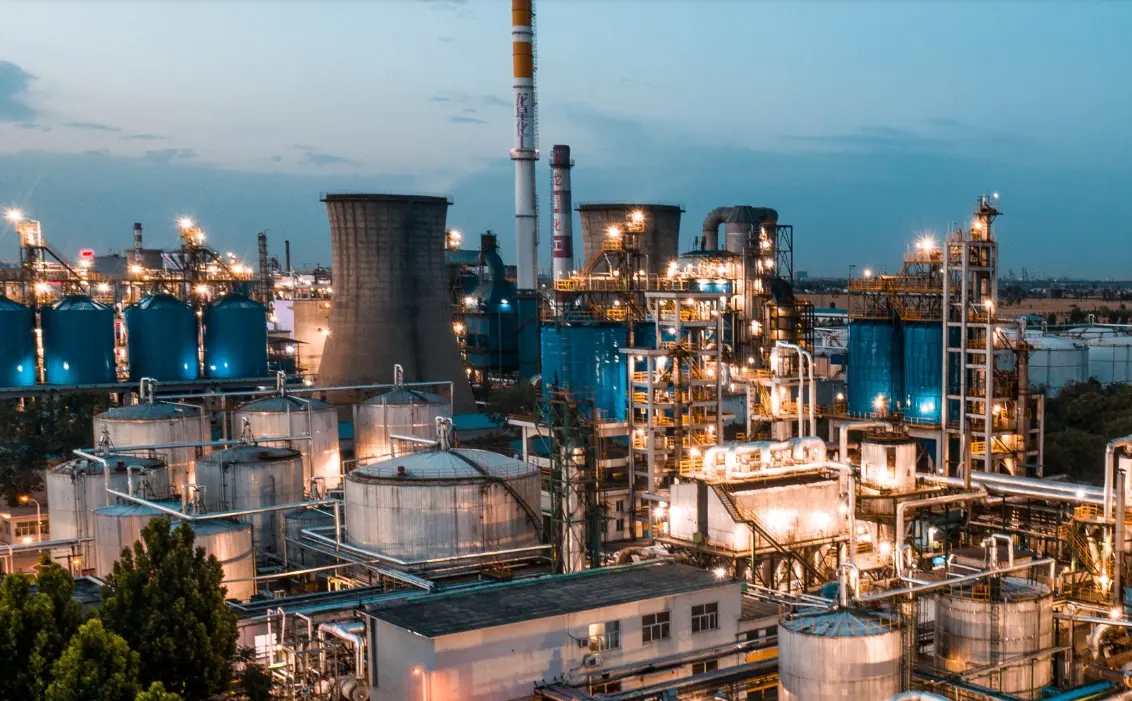Leading High Performance & Eco-Innovation with FCC Oil Advantages: How FCC Oil-Based Carbon Black Outperforms Traditional Coal Tar Processes
Release time: 2025-03-23
Russian Rubber Carbon Black – Leading High Performance & Eco-Innovation with FCC Oil Advantages: How FCC Oil-Based Carbon Black Outperforms Traditional Coal Tar Processes
In the global rubber carbon black industry, raw material selection directly determines product performance and environmental attributes. Russian carbon black manufacturers stand out by adopting FCC oil (fluid catalytic cracking oil) as their core feedstock, replacing traditional coal tar processes to produce higher-quality, lower-carbon rubber carbon black. This technological divergence not only reflects Russia’s foresight in resource utilization and process innovation but also ensures superior product performance in dispersibility, reinforcement, and environmental compliance compared to coal tar-based carbon black, making it the preferred choice for global industrial clients seeking material upgrades.
FCC Oil vs. Coal Tar: Feedstock Differences Define Product Excellence
1. Feedstock Characteristics
– FCC Oil: Derived from petroleum refining via fluid catalytic cracking units, FCC oil is rich in aromatics and paraffins, with extremely low sulfur, ash, and impurities. Its uniform molecular structure and high reactivity ensure optimal carbon black formation.
– Coal Tar: A byproduct of coal coking, coal tar contains complex components (polycyclic aromatic hydrocarbons, asphaltenes, etc.) and high impurities (sulfur, metal ions), often generating pollutive byproducts during processing.
2. Five Core Advantages of FCC Oil-Based Carbon Black
(1) Enhanced Reinforcement Performance
The high aromatic content in FCC oil promotes the formation of dense, uniform aggregate structures during carbon black production, endowing rubber with higher tensile strength, abrasion resistance, and tear resistance. For example, Russia’s N220 carbon black demonstrates an 8%-12% improvement in 300% modulus stress for vulcanized rubber compared to coal tar-based equivalents, significantly extending tire tread life.
(2) Superior Dispersibility & Processing Efficiency
Low impurities and excellent fluidity in FCC oil enable uniform dispersion of carbon black particles in rubber matrices, reducing mixing energy consumption and processing time. Downstream clients report a 15% improvement in compound extrusion surface smoothness and a 10% increase in production yield when using Russian FCC oil-based carbon black.
(3) Lower Pollutant Emissions
Coal tar typically contains 0.8%-1.5% sulfur, while FCC oil maintains sulfur content below 0.3%. By optimizing feedstock, Russian manufacturers reduce sulfur oxide (SOx) emissions in carbon black production exhaust by over 40%, ensuring compliance with stringent regulations like the EU Industrial Emissions Directive (IED).
(4) Color Purity & Quality
FCC oil-based carbon black exhibits ultra-low ash content (<0.1%) compared to coal tar-based products (0.2%-0.5%), making it ideal for light-colored rubber goods and high-end plastic masterbatches requiring color consistency, eliminating yellowing caused by impurities.
(5) Sustainability Alignment
As a byproduct of petroleum refining, FCC oil aligns with circular economy principles. Russian carbon black producers integrate refining-carbon black supply chains to maximize resource efficiency, reducing the carbon footprint per ton of carbon black by 20% versus coal tar processes, supporting clients’ ESG goals.
Industry Validation: Market Recognition of FCC Oil-Based Carbon Black
In identical formulations, passenger tire tread compounds using Russian FCC oil-based N330 carbon black show a 10% higher wear resistance index, 5% lower rolling resistance, and zero release of irritant gases during vulcanization, significantly improving production line environments.
Russian Technological Advancements: Full-Chain Innovation from Feedstock to Process
– Feedstock Pretreatment: Removes trace impurities from FCC oil, ensuring carbon black structural stability.
– Multi-Stage Combustion Control: Optimizes reactor temperature fields to precisely regulate particle size and surface area.
– Exhaust Gas Valorization: Recovers high-temperature exhaust for power generation, achieving over 70% energy self-sufficiency.
About Russian FCC Oil-Based Carbon Black
Russia produces over 600,000 tons of FCC oil-based carbon black annually, accounting for 15% of the global premium carbon black market. Its products, certified under REACH, FDA, TSCA, and other international standards, are exported to Europe, Southeast Asia, and the Middle East, widely used in green tires, food-grade rubber products, and electronic conductive materials.


